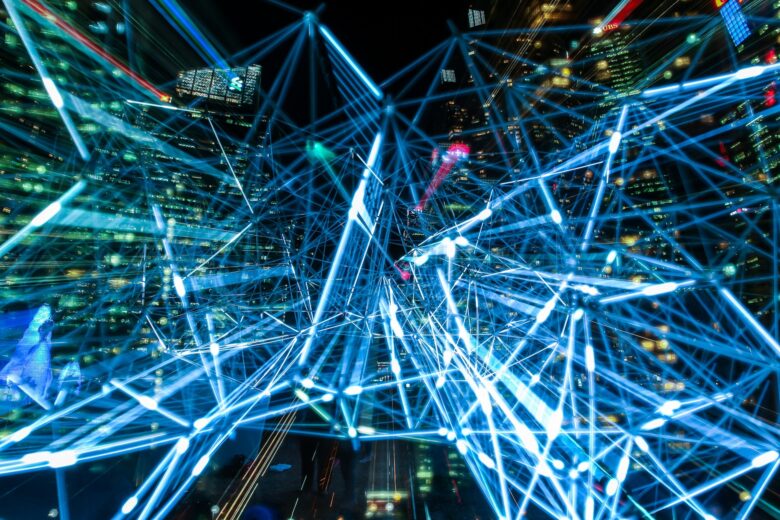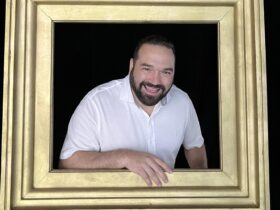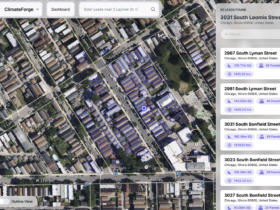Jurisdiction and justice, it appears, have yet to catch up with the speed and unanticipated novelty of artificial intelligence (AI). In a recent ruling that has sent echoes across the digital realm, United States District Court Judge Beryl A. Howell denied a copyright application to an AI-generated piece of art authored by the Creativity Machine algorithm, operated by Stephen Thaler.
In the intricate web of U.S. copyright law and technology, such a decision was arguably unpremeditated but by no means singular. Prior to Thaler’s case, instances of authors like Sarah Silverman filing lawsuits against tech giants like OpenAI and Meta have cropped up, addressing the murky waters of data-scraping practices by AI. Meanwhile, Matthew Butterick, a programmer cum lawyer, accused Microsoft, GitHub, and OpenAI of software piracy linked to data scraping.
While Judge Howell dismissed Thaler’s hopes to copyright his AI’s masterpiece, she forewarned of a future that is “approaching new frontiers in copyright”. In her verbatim, she identified upcoming challenges about the quantum of human engagement warranted to copyright such AI-generated artwork. An interesting dimension she touched upon was that AI models are typically trained on pre-existing work, effectively spotlighting a potential stumbling block in the race for AI copyrights.
Thaler’s saga of failed copyright applications is nothing short of intriguing. The contested work in question was an image he endeavoured to copyright “as a work-for-hire to the owner of the Creativity Machine”. Essentially, this would position the Creativity Machine as the progenitor, and Thaler as the keeper of the work. This push, however, met with curt refusals.
Throwing a comparative light on similar precedents, Judge Howell referred to a case involving a ‘monkey-selfie’, on one hand, pitted against a contrasting scenario where a woman successfully copyrighted a book she’d filled with “words she dictated were from a supernatural source”, on the other.
Undeterred, Thaler is fueled to appeal his case. Ryan Abbot, his counsel from the law firm of Brown Neri Smith & Khan LLP, revealed, “We respectfully disagree with the court’s interpretation of the Copyright Act”. As per reports from Bloomberg Law, the U.S. Copyright Office supports the court’s verdict.
Aided by cold legal steel, Thaler’s copyright request was met with its ultimate incongruity last year after which he dragged the U.S. Copyright Office to court. His contention being that the resolute rebuffing was “arbitrary, capricious… and not in accordance with the law”. Judge Howell, though, held her ground. In a discerning note, she asserted that copyright had never been assigned to work that had been “absent any guiding human hand”, arguing that ‘human authorship’ constituted a fundamental prerequisite of copyright.
As the boundary between man’s creative expressions and machine-led reproductions gets more obscured, the question of AI-copyright is likely to continue to occupy legal, artistic, and intellectual channels. Whether our judicial system can accomodate and adapt to the ceaseless informational deluge spouted by AI like Thaler’s Creativity Machine remains a story for tomorrow.












